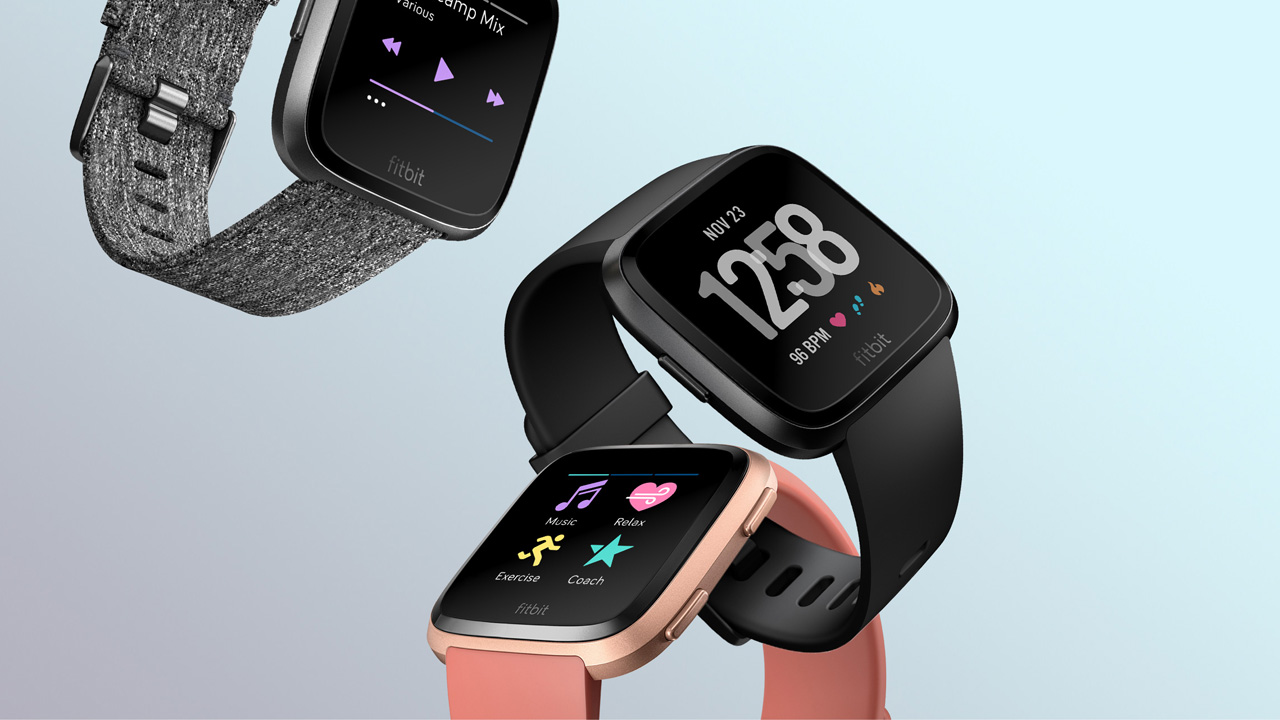Google Pledges to Meet EU Data Demands for Fitbit
- Paul Thurrott
- Jul 15, 2020
-
13

With its $21 billion acquisition of Fitbit hanging in the balance, Google agreed not to use personal data from the devices for advertising.
“This deal is about devices, not data,” a Google statement reads. “We appreciate the opportunity to work with the European Commission on an approach that safeguards consumers’ expectations that Fitbit device data won’t be used for advertising.”
Windows Intelligence In Your Inbox
Sign up for our new free newsletter to get three time-saving tips each Friday — and get free copies of Paul Thurrott's Windows 11 and Windows 10 Field Guides (normally $9.99) as a special welcome gift!
"*" indicates required fields
Google announced in November 2019 that it would acquire fitness wearable maker Fitbit for $2.1 billion pending regulatory approval. But the deal has been heavily criticized by privacy advocates who fear that Google will mine the devices for personal data and then use that to feed the users targeted advertising. And earlier this month, the European Commission sent out questionnaires asking Google’s rivals whether the Fitbit acquisition would harm competition.
20 consumer groups separately petitioned regulators in the United States and EU to reject the deal for privacy reasons, noting that “regulators must assume that Google will in practice utilize the entirety of Fitbit’s currently independent unique, highly sensitive data set in combination with its own, particularly as this could increase its profits, or they must impose strict and enforceable limitations on data use.”
Google’s statement seems to indicate that the firm understands the privacy concerns could scuttle its acquisition. But then the firm said in November that “Fitbit health and wellness data will not be used for Google ads” and that users could “review, move, or delete their data.” So it’s unclear what’s really changed.
Furthermore, Google buying Fitbit certainly isn’t an antitrust concern: With just 3 percent marketshare in wearables, Fitbit is, if anything, somewhat of an also-ran in a market dominated by Apple Watch. Devices made by Xiaomi, Samsung, and Huawei also outsell Fitbit.